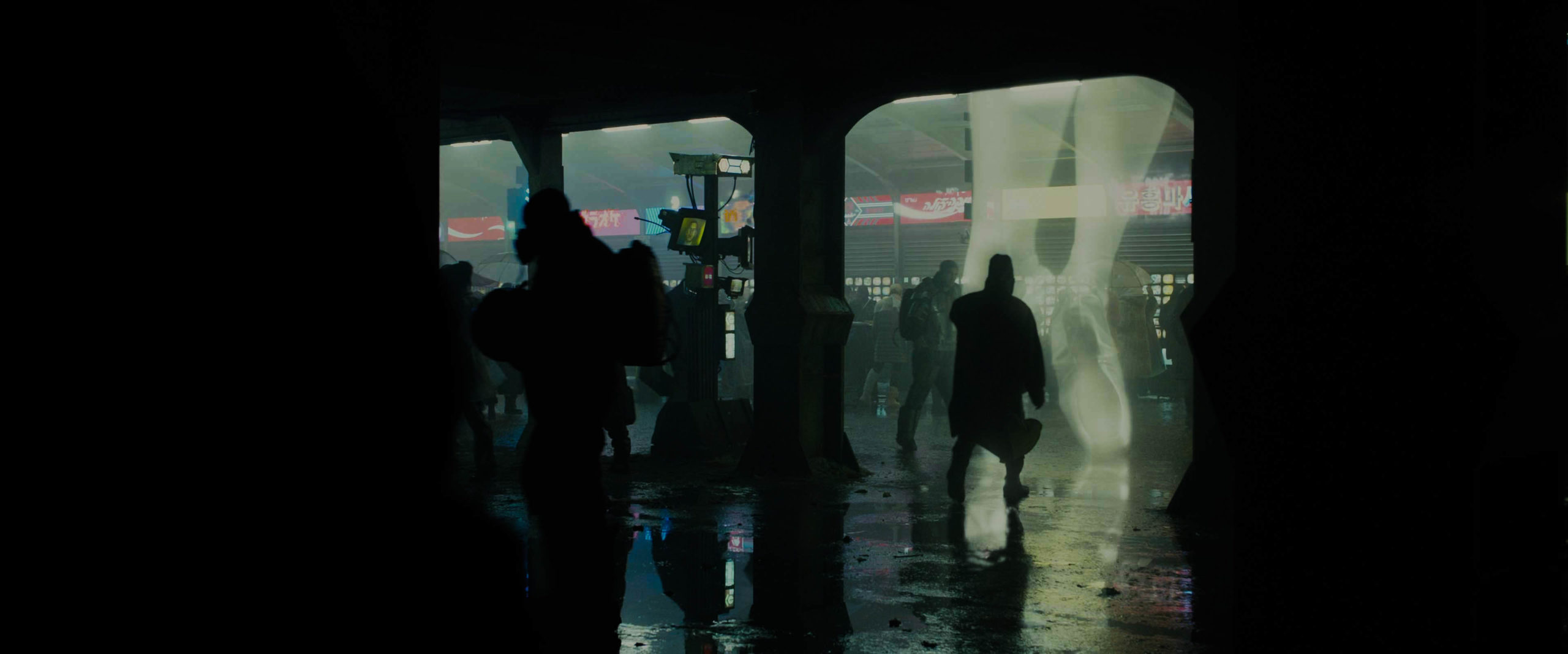by Justin Teoh

It is the year 20__. The big tech companies have taken full advantage of Malaysia’s geographical size and location. Being at the very center of Southeast Asia, it has become their playground for new developments. Everywhere else, the climate fluctuates like volcanic eruptions; but here, everyone saw better living standards in one way or another.
But our minds do not seem to evolve as fast even post-COVID, I can see it in this client’s eyes. They’re kind, modest, but there is a small black space in between that could succumb to anything in a Pavlovian instant. “I’m like a makcik kiah only what,” she murmurs in Malay, “it was just cooking, just what I do all the time.”
She pauses for a bit to look out at the LRT segueing its way through the urban jungle. Kuala Lumpur is hot but her worry is a bright fever that unwelcomingly lights up every corner of her mental space.
Again, she fumbles for the gold wedding ring on her finger. The freckled creases on her hands are honest. “…but I see my children and I suppose whatever they know is right. I do the best for them. They gave me a WhatsApp message with a picture that says people shouldn’t make onde-onde because it looks like a virus.”
“Do you make kuih at home?” I ask.
“For people like me, I have to. My neighbors back at the micro-apartment—mostly they’re all kids from friends who had passed away or moved to foster homes or one of the remaining kampungs—they don’t know how to make kuih. I think I’m the only one around who makes them. Come afternoon tea-time, the other uncles and aunties from the kopitiam beside would order from me. They like them because they’re cold; with the steam coming from inside the kopitiam, my kuih acts as their ice cream like that.” She chuckles with a smile that then falls back down. “That’s how I make enough money to let my children go to virtual classes. The B60 government benefits alone are not sufficient. After I close the shop, I would give the leftovers to them. But now I see the news saying that the waste-based virus, the one that came from the landfills in I don’t know what country, the microscopic picture of the virus they show looks like the onde-onde I make at the stall. They’re green like organic material and brown like profuse.
“Everyone with their phones all received the same news. And the next day, no one came to the kopitiam. The owner blames me. My children are scared to open their doors. How would have I known the new virus would be like this? They say that it is worse than COVID, it can transmit through any fluid. What will happen to my kuih and my children? Am I harming them?” Something about future aftermaths probes her to gulp for air. The space between us is sterile, but no one feels that way when it’s cramped.
I’m a social worker. Clients like her come through all the time. I don’t blame makcik. The COVID waves crashed long enough to bring down the outer layers of autonomy. People pack up spontaneously and stay inside at the first flash of an emergency notification. It lasts for a few days before you go out for work because you have to (unless you’re not in the B60). The cycle repeats each time. Herd mentality. Home becomes less of a comforting refuge when you’re just left to soak in bodily vapors as you glance at your social media timeline.
I refer her to a government agency that looks at B60 appeals and provides tech and perishable goods to help recuperate losses. I give her a QR code that links to a password-locked visual-auditory hypnosis clip. Thus is the prescription. We exchange goodbyes. Her face brightens substantially if not for a while, as she looks at me while passing through the translucent air sanitization curtain.
I look outside. Another LRT passes by. An ambulance wails over. If I’m sleepwalking through a lullaby, I’ll let everyone sleep before I wake up too.